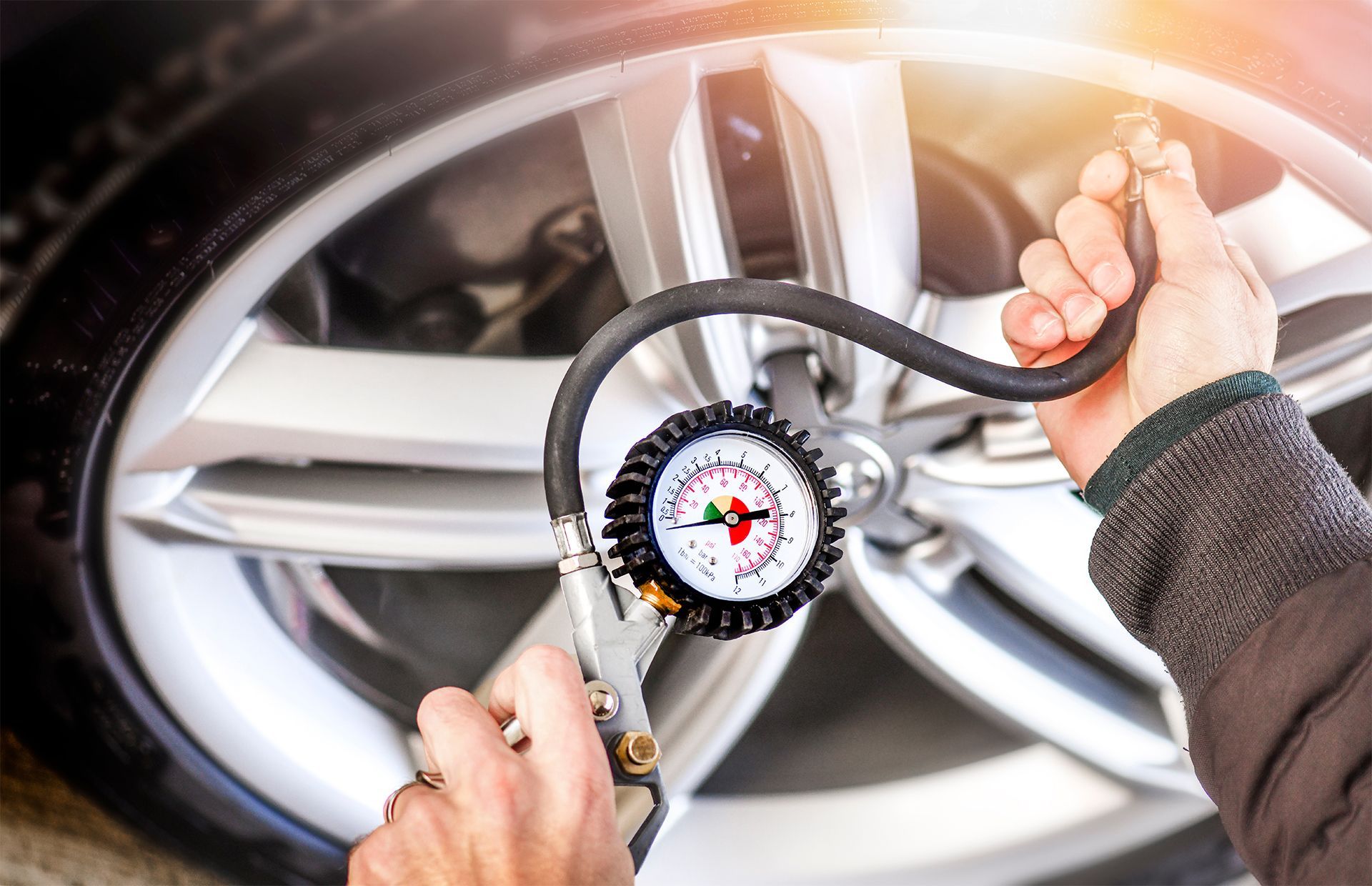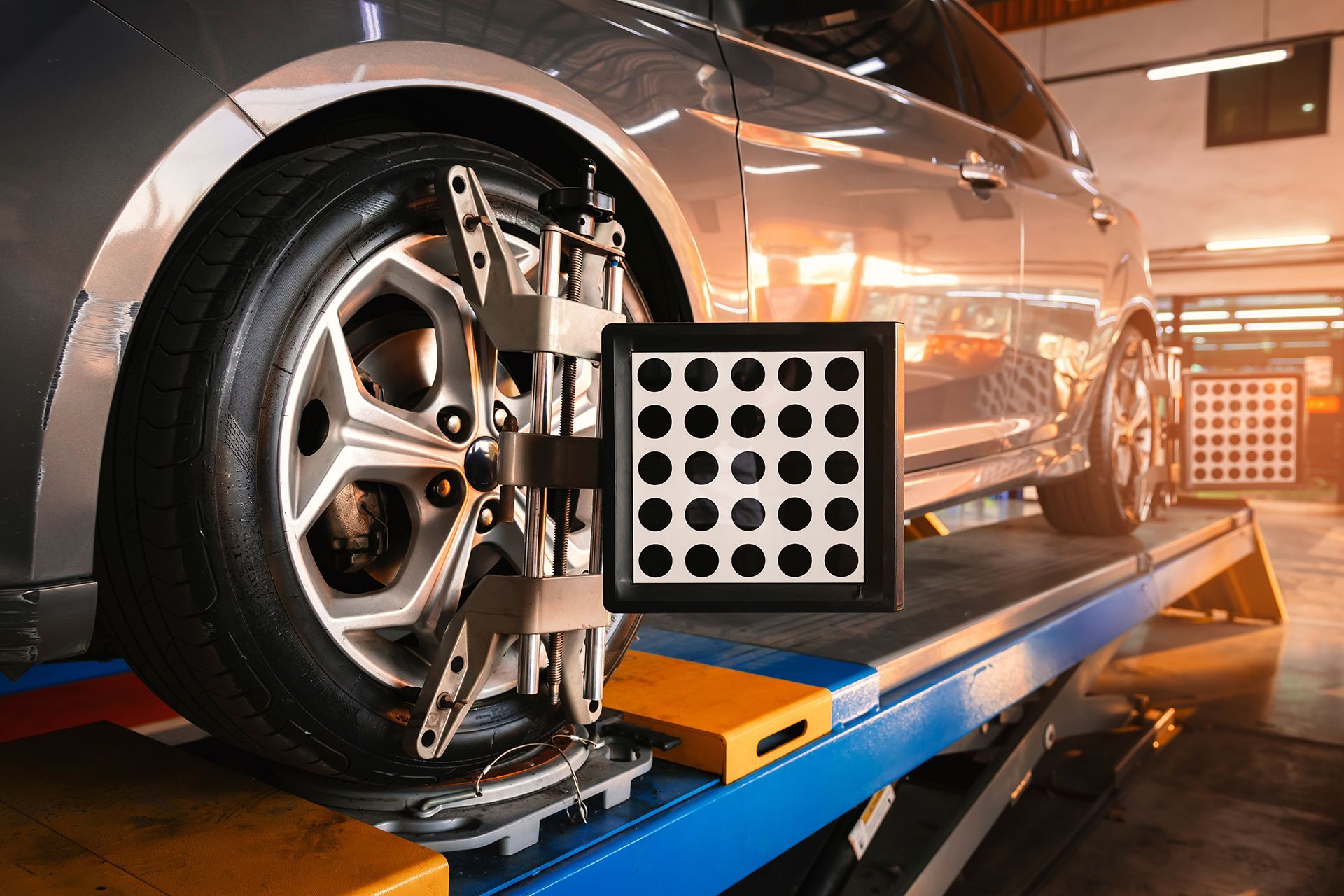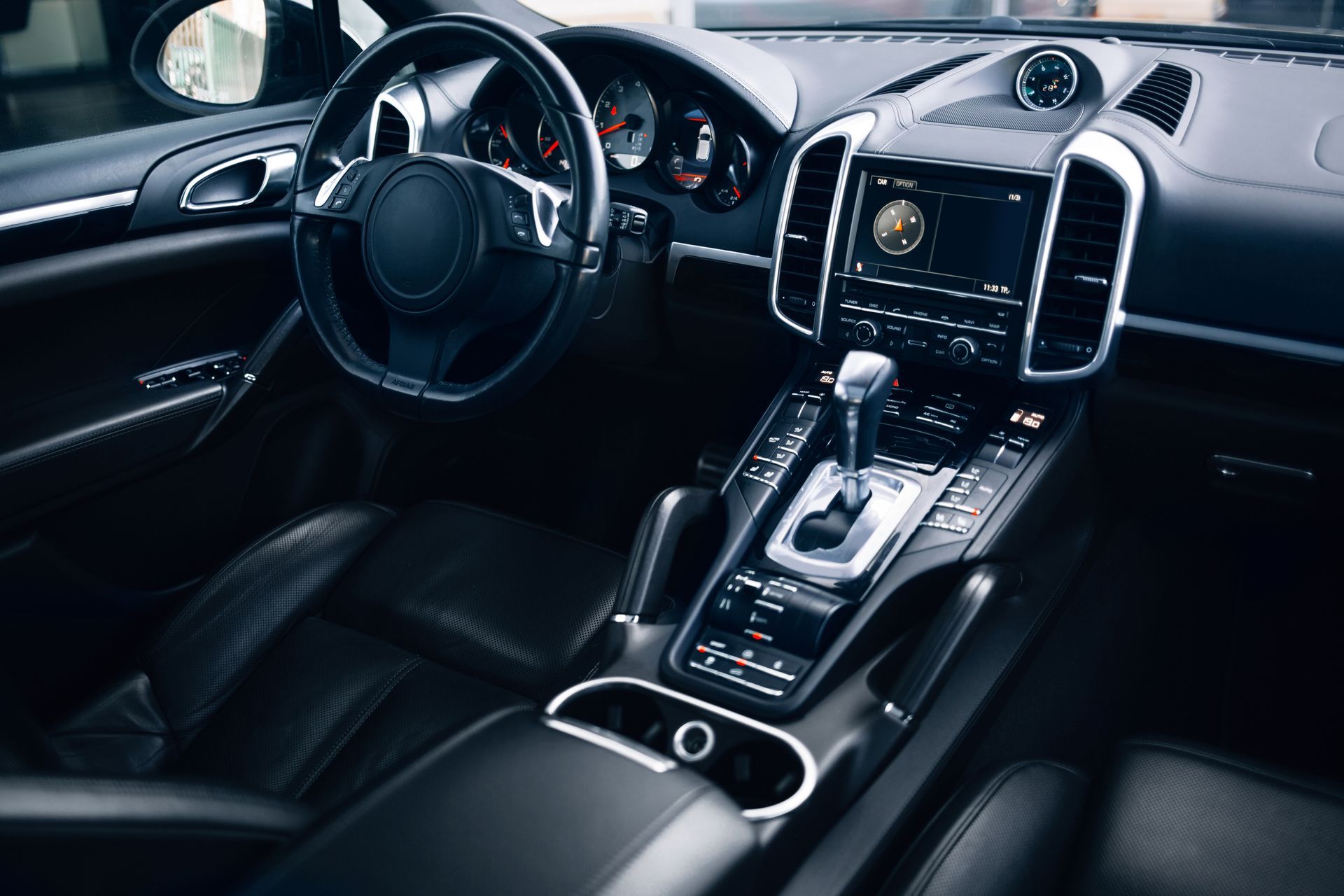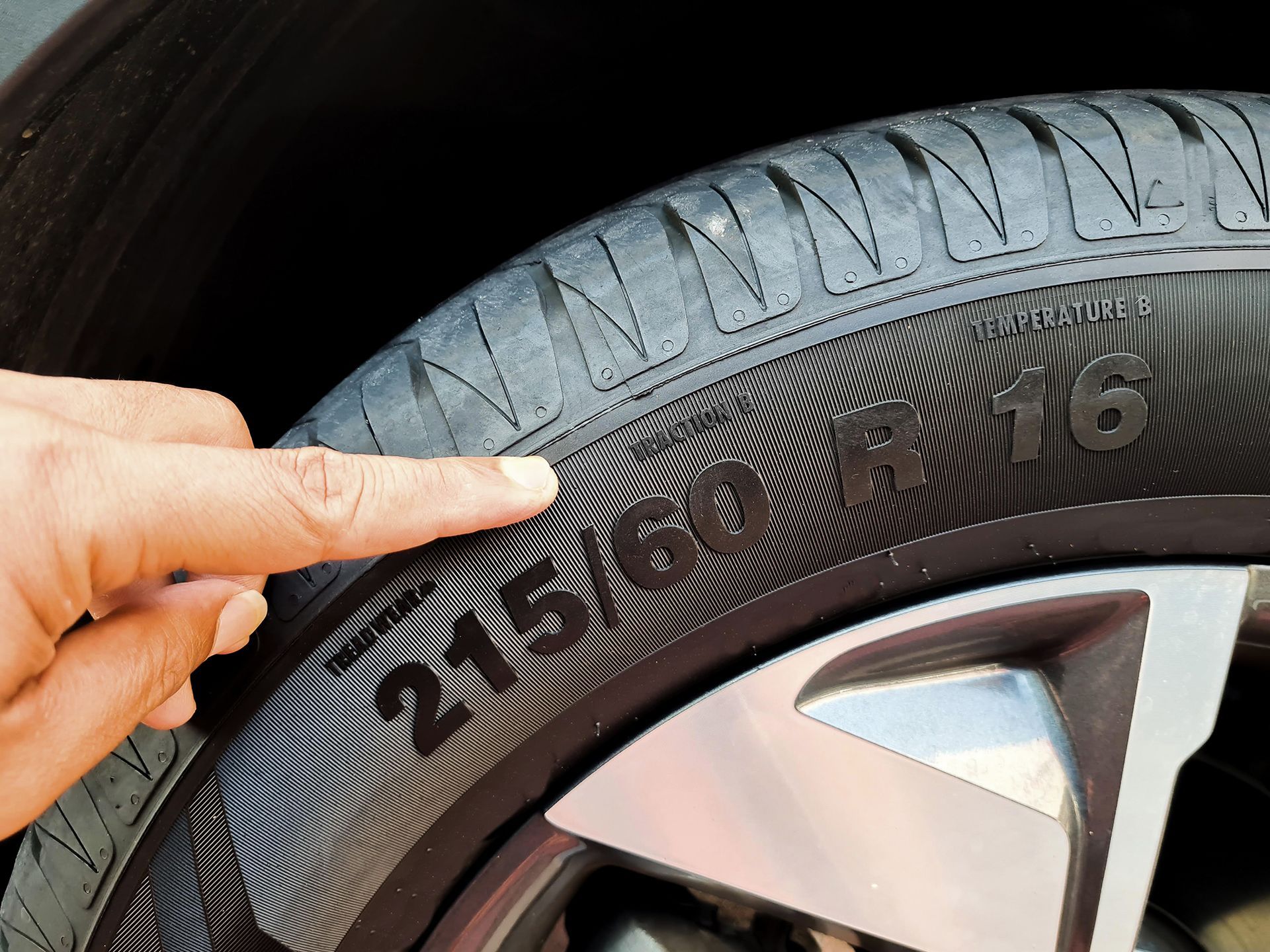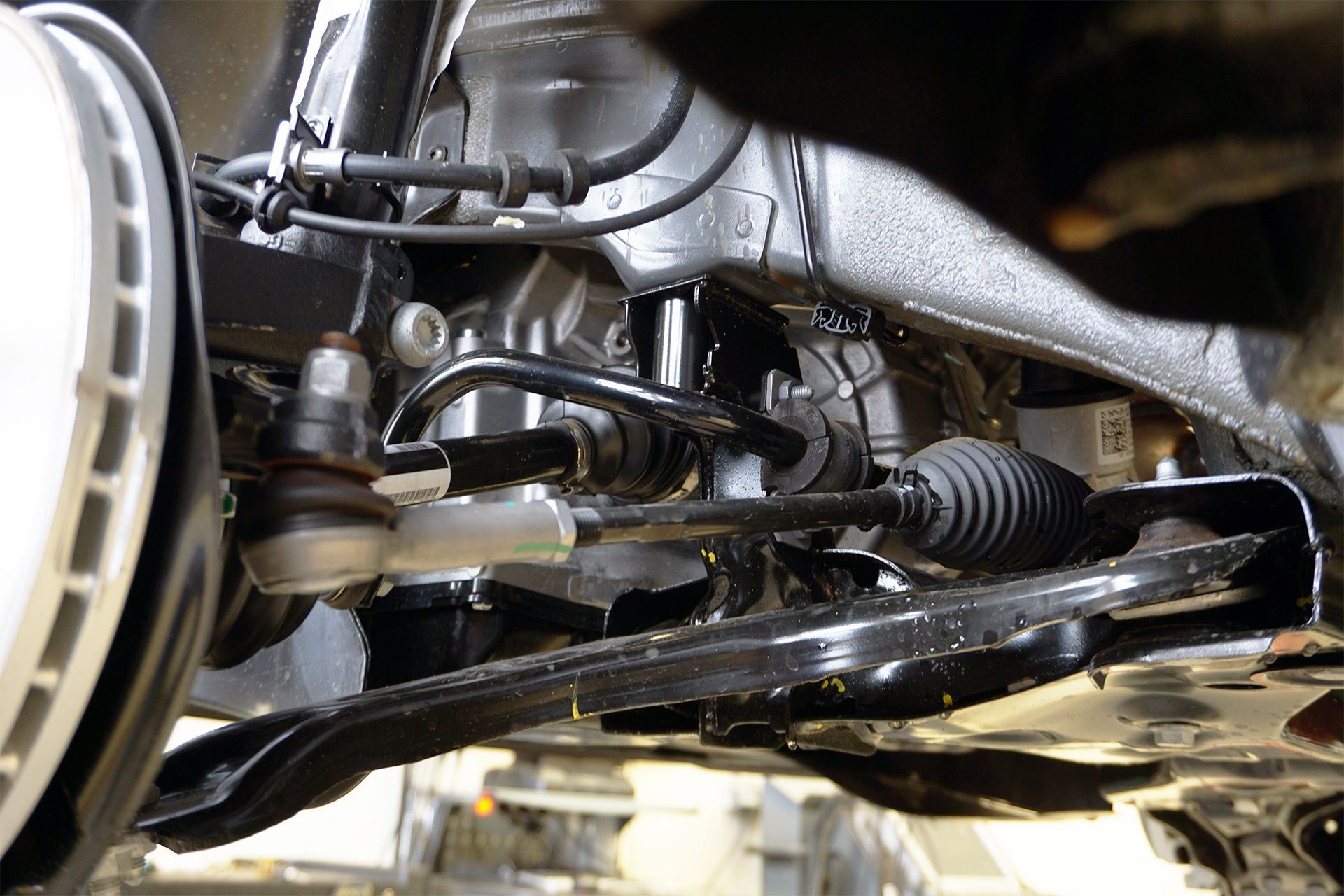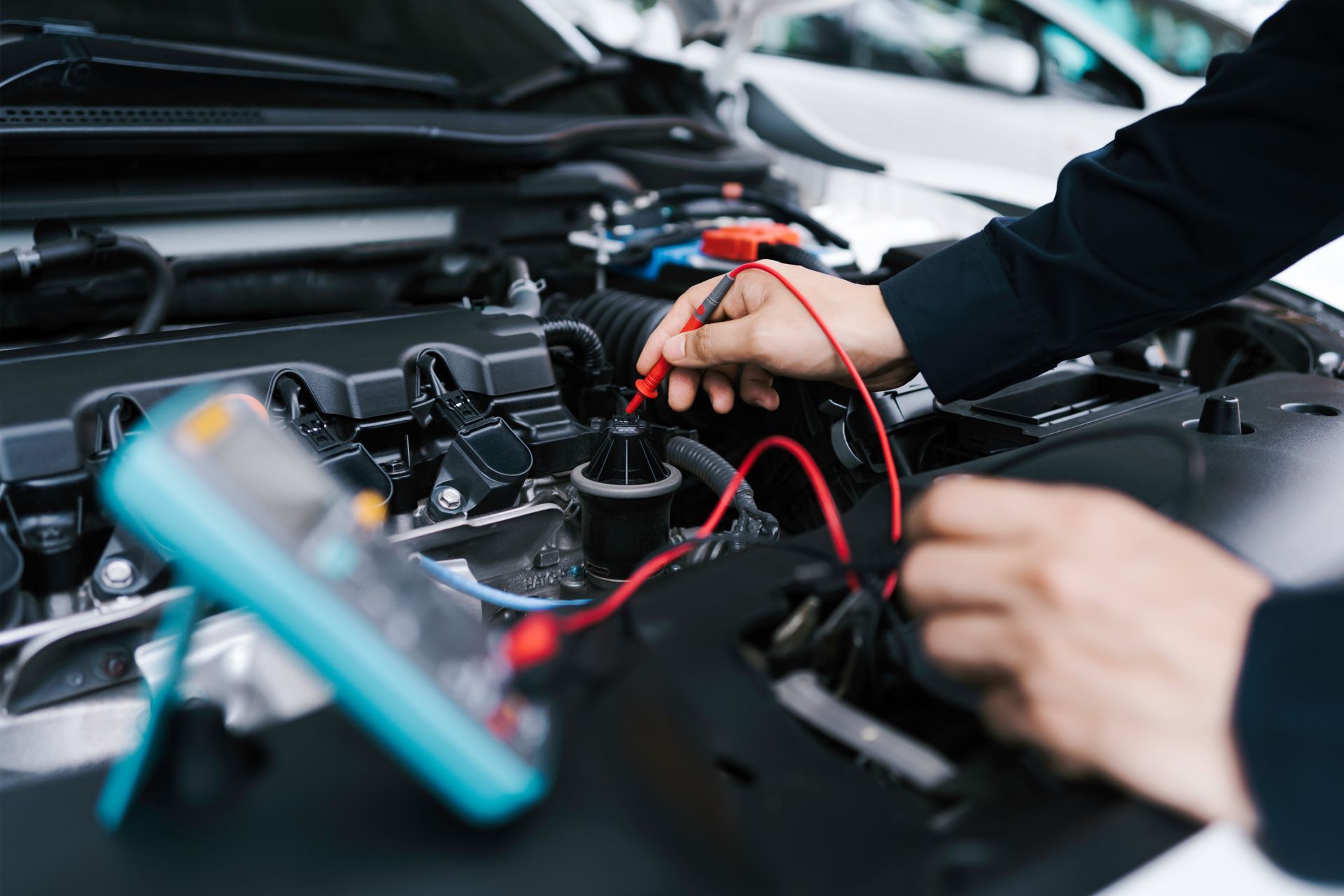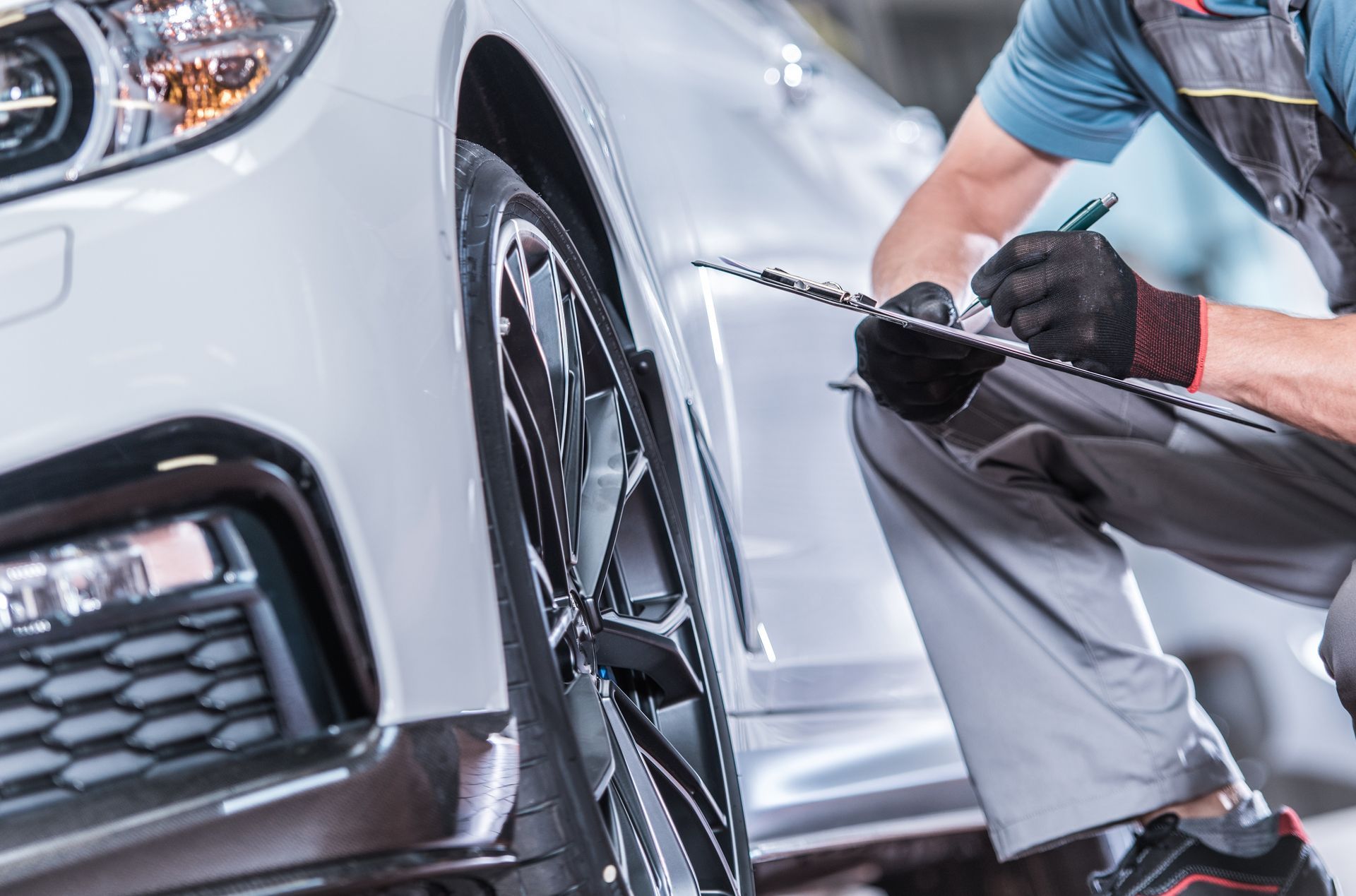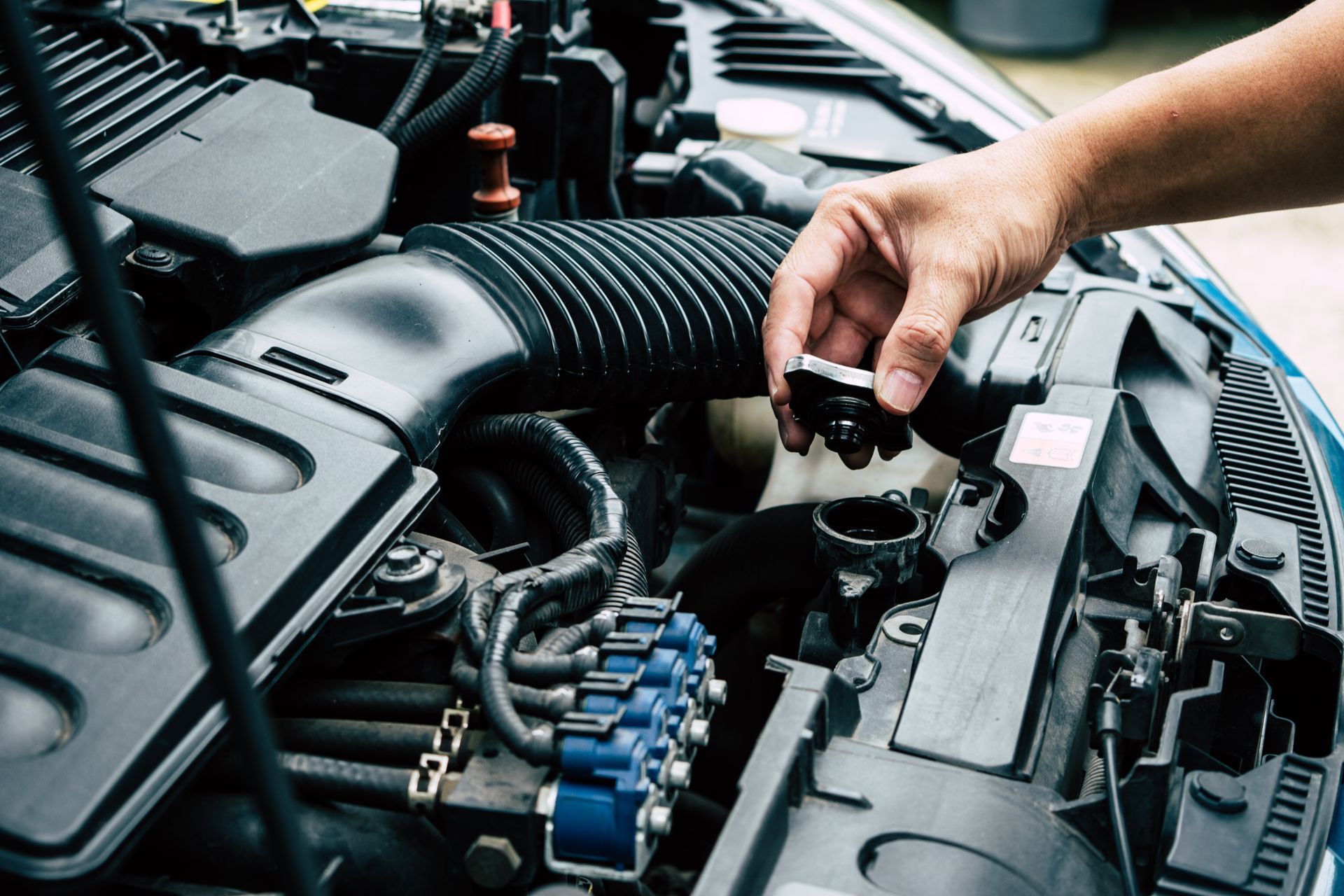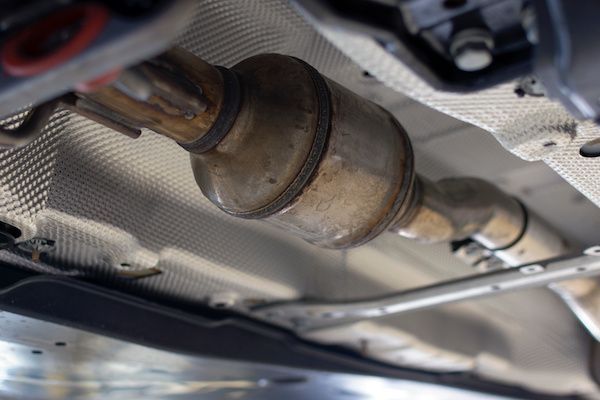If you take good care of your car, it will take care of you. Every time you start and run your vehicle you are causing wear and tear to various parts of the engine, but most engine problems can be prevented with simple maintenance procedures. In order to prolong the life of your vehicle, you need to give the engine the appropriate care it deserves.
Here are 10 engine maintenance tips:
Change the oil
If you do just one thing for your engine, it had better be changing the oil. It's the most important element in the performance of your car. The oil and filter should be changed every 3,000 to 6,000 miles but check with your owner's manual for the specifics on your vehicle. You should also periodically check the oil level.
Clean the engine
The visual appearance of the engine is a good indicator of its condition. When your engine gets too dirty and greasy it affects the efficiency and performance of its parts. An oil and dirt convicted engine will hold in too much heat and not allow the heat to dissipate. The easiest way to clean the engine is to use a commercial degreaser. Simply spray it on the cool engine, let it sit for two or three minutes, and rinse clean.
Replace the air filter
When the air filter becomes dirty it needs to be replaced. Paper filters can't be cleaned and therefore need to be replaced.
Use original parts
When replacing parts in your engine, only use original equipment for a proper fit. Ill-fitting parts can cause damage to your engine in a matter of minutes.
Use clean fuel
If you have a weekend cruiser that you store for the Winter, make sure that you fill the tank and add a fuel stabilizer to prevent the gas from going stale and to prevent condensation from forming. If your car is supercharged only use premium fuel.
Change the belts
Most vehicles have a serpentine belt that runs various pumps and accessories and a timing belt that runs the engine itself. The belts will need replacing over time due to regular wear and tear. Don't wait until they actually break to replace them or you could risk further damage. Check with your owner's manual for scheduled belt replacement and have our technicians check your belts regularly.
Check the battery
Your car battery will not last forever. Your owner's manual should indicate when you should have it replaced. Keep the battery casing clean and check for bulging, cracks, or corrosion which may indicate that the battery needs replacing. Remove the battery during Winter storage and charge periodically.
Check fluids
Ensuring that all fluid levels are topped off can maintain the health of your engine. This includes engine coolant, power steering fluid, brake fluid, and windshield washer fluid.
Replace spark plugs
Changing the spark plugs is a simple task which can improve the performance of your engine and prevent costly repairs down the road.
Fix small problems
If you hear strange noises or your "check engine" light comes on then bring your vehicle into one of our service centers to have your car examined by one of our ASE Certified Technicians. It's important that you have any small problems fixed right away before they can cause damage to your engine.

